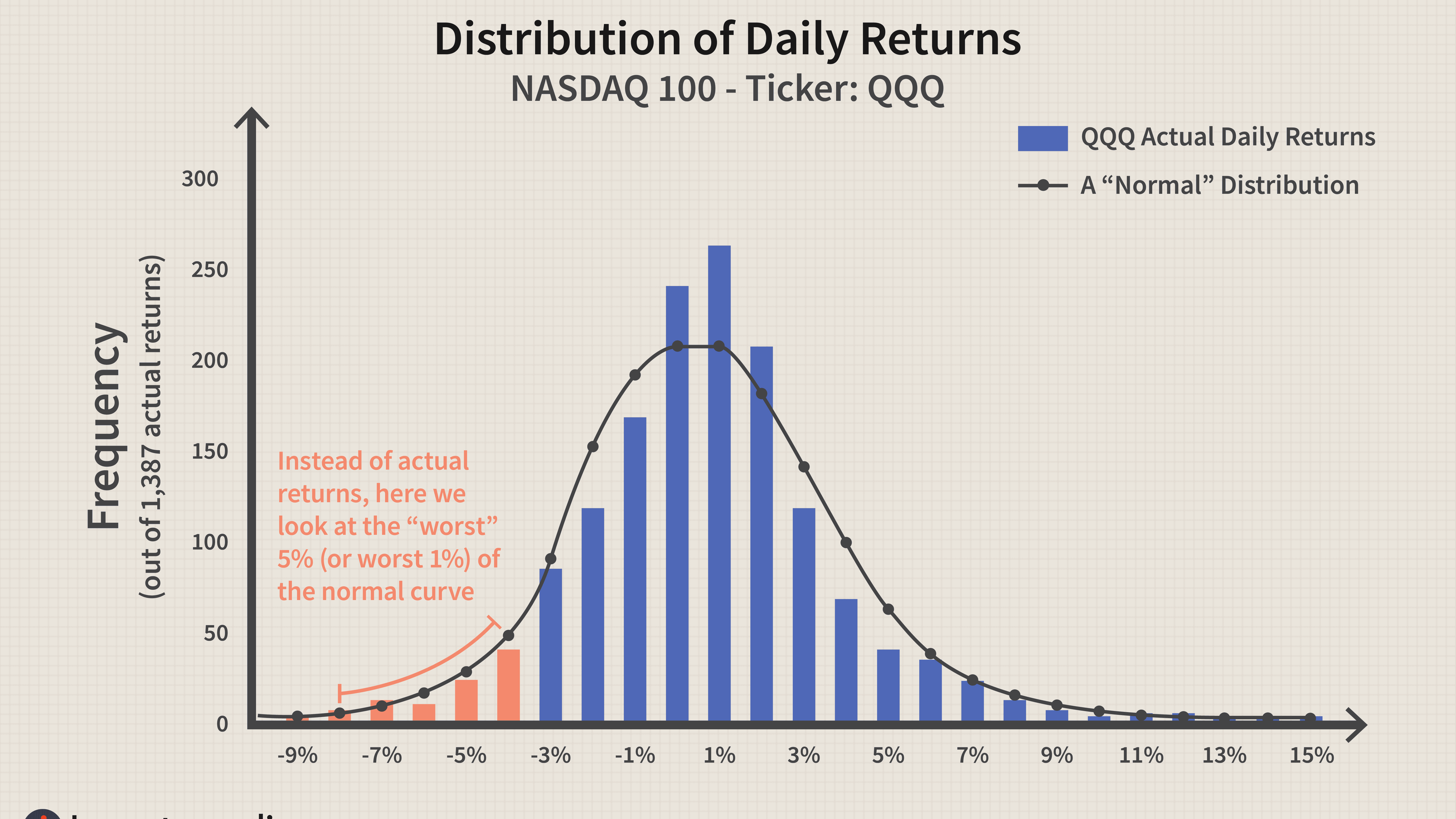
Many characteristics are shared between the major branches, financial and managerial, of accounting. Even though both types of financial accounting produce financial reports they require a deeper understanding of accounting theory. Financial accounting standards, which are commonly used for public companies, have certain rules that must be followed in order to present financial information in a consistent manner. The Financial Accounting Standards Board published a comprehensive set accounting standards, including GAAP.
Principles of managerial Accounting
The principles of managerial account provide insights into the economic activities to support strategic objectives. The principles of managerial accounting allow organizations to develop a cost model that accurately reflects current costs. They also provide timely information that allows for flexibility within the organization. These principles are outlined within the CGMA Competency Framework. They also provide an overview of the profession's values and norms. These principles can help improve the performance and efficiency of an organization by being understood and applied. The following are some examples of how management accounting principles can help your company improve.
The theories of causality or analogy underpin managerial accounting. The first principle is to relate the quantitative output of an managerial objective to its quantitative input quantity. This principle allows managers the ability to model costs and allocate them to different business activities. The second principle is to interpret the information in light a variety of decision alternatives. This allows managers make the most informed decisions. This combination of principles allows for the achievement of company goals and optimization of operations.

The goals of managerial accounting
The main goal of managerial accounting is to provide information to business owners and managers for internal decision making, planning, and control. These processes depend on this information. Financial accounting information alone does not provide enough detail to make the necessary decisions. To provide managers with the necessary information to make informed decisions, it must be broken down into products and services. To help them choose the best course, they must be able do what-if calculations.
Management accounting should arrange data in groups that are simple to understand. The data should be relevant to the problem at hand. The purchase figures could be organized by region, supplier or product. In addition, management accounting is an important tool for communication. Managers need to be aware of how their organization is performing against its operating plans and budgets. Deviations from these plans and budgets must be reported to management and appropriate corrective measures can be taken.
Management Accounting: Scope
Management accounting includes the analysis and interpretations of business data. Managers can use this information to make better decisions and maximise profits. They also use the information to make informed decisions about resource utilization and industry cycles. Therefore, managerial accounting can be a broad field. These are the main features of managerial accounting. These features make it a valuable tool for managing. Management accounting is also the foundation of financial accounting.
Management accounting is needed to manage overhead expenses in a company. It helps you allocate costs based upon the number and quality of your products. It allows managers to assess the impact of cash flow decisions. Since most companies use accrual, it is often difficult to quantify the impact on cash flow of a single transaction. Managerial accountants are also responsible for planning for short-term operations. They evaluate the profit trends and costs of different products.

Management accountants need to be qualified
Management accountants can perform many different tasks and require a variety skills in order to be successful. In addition to being familiar with generally accepted accounting principles (GAAP), they must understand fundamental tax principles and be knowledgeable about human capital and financial capital management. They must be persuasive and have leadership qualities. Other requirements include education in the field of education technology and social media.
For success in their role, management accountants must be able to use strong analytical skills. They should be able to analyze and interpret financial data, and they should be able to communicate complex data in both written and oral forms. They must also be able to set high ethical standards and lead by example. A strong knowledge of these principles is key to success.
FAQ
What kind of people use Six Sigma
People who have worked with statistics and operations research will usually be familiar with the concepts behind six sigma. Anybody involved in any aspect or business can benefit.
This requires a lot of dedication, so only people with great leadership skills can make the effort to implement it.
What are the steps that management takes to reach a decision?
Managers face complex and multifaceted decision-making challenges. This involves many factors including analysis, strategy and planning, implementation, measurement and evaluation, feedback, feedback, and others.
The key thing to remember when managing people is that they are human beings just as you are and therefore make mistakes. There is always room to improve, especially if your first priority is to yourself.
In this video, we explain what the decision-making process looks like in Management. We discuss the different types of decisions and why they are important, every manager should know how to navigate them. Here are some topics you'll be learning about:
How does a manager motivate his/her employees?
Motivation is the desire to do well.
It is possible to be motivated by doing something you enjoy.
You can also be motivated by the idea of making a difference to the success and growth of your organization.
For example, if your goal is to become a physician, you will probably find it more motivational to see patients rather than to read a lot of medicine books.
Another type of motivation comes from within.
Perhaps you have a strong sense to give back, for example.
You might even enjoy the work.
Ask yourself why you aren't feeling motivated.
You can then think of ways to improve your motivation.
Statistics
- 100% of the courses are offered online, and no campus visits are required — a big time-saver for you. (online.uc.edu)
- The profession is expected to grow 7% by 2028, a bit faster than the national average. (wgu.edu)
- This field is expected to grow about 7% by 2028, a bit faster than the national average for job growth. (wgu.edu)
- UpCounsel accepts only the top 5 percent of lawyers on its site. (upcounsel.com)
- Hire the top business lawyers and save up to 60% on legal fees (upcounsel.com)
External Links
How To
How do you get your Six Sigma license?
Six Sigma is a tool for quality management to improve processes and increase efficiency. Six Sigma is a method that helps companies get consistent results from their operations. Named after the Greek word for "sigmas", the name refers to the first two letters. Motorola developed this process in 1986. Motorola recognized that they had to standardize their manufacturing processes to produce faster and more affordable products. They had been having problems with consistency because of the many different people who were doing the work. To resolve this issue, they used statistical tools like Pareto analysis and control charts. Then they would apply the techniques to all parts of the operation. They would then be able make improvements where needed. There are three main steps to follow when trying to get your Six Sigma certification. Find out if you are qualified. Before you take any exams, you'll need to take some classes. Once you've passed those classes, you'll start taking the tests. You will want to remember everything you learned in the class. After that, you can take the test. You'll be certified if your test passes. Finally, you can add your certifications on to your resume.